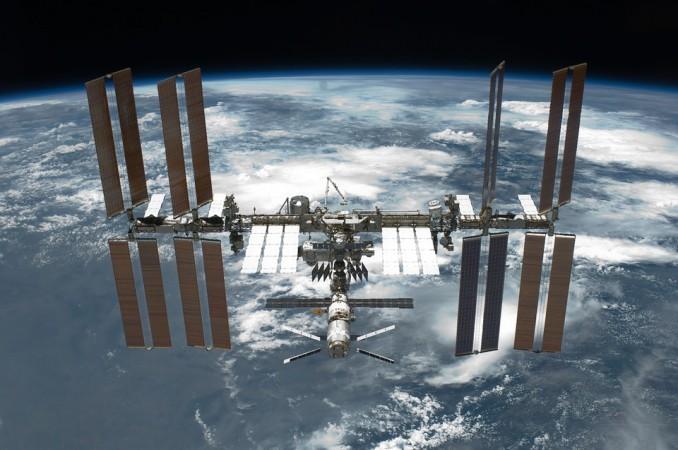
Bacteria that was carried to space to study in the International Space Station (ISS) space lab could possibly pose certain risks to life on Earth. They have survived harsh conditions of outer space and as a result have gotten mutated, gaining resistance, say Russian scientists.
Results of an ISS experiment carried out by Russia called "BioRisk" show that a number of different microorganisms taken from Earth were able to survive in outer space, this includes bacteria found in the outer surfaces of the ISS. Bacteria not only survived, they actually flourished, prompting news that there is alien bacteria on the ISS last year.
The BioRisk programme was started in 2005 aboard the Russian lab in the ISS, reports RT. Here, 68 types of organisms including bacteria, vertebrate animals, insects as well as plants were studied.
Bacteria that survived showed high levels of aggressiveness as well as resistance to antibiotics when they were brought back to Earth, says a scientist involved in the study. A report on this finding has been put together for the International Committee on Space Research in the US later in July, said.
Apart from the microorganisms, eggs of some crustaceans, as well as African toothcarp caviar, managed to survive the trip to outer space for two and a half years. The embryos were actually revived coming back to Earth, the report notes.
"The living organisms are capable of surviving in outer space. Hypothetically, in distant future, the arrival of alien substances from other planets to Earth may be possible as well as to other planets from Earth," the report said, as cited by RIA-Novosti.
"In addition, the danger is posed by terrestrial microorganisms that returned from space after visiting another planet and transforming in an unknown manner in its atmosphere," it added. The report recommends that measures must be taken here on Earth to contain such microorganisms and other forms of life, Russian scientists said.
Findings of this "BioRisk" experiment, says the report, are of scientific interest, but more importantly, it is another reason why a planetary quarantine strategy is vital. Only last week, there was a call to create something similar to the Prime Directive for future space exploration that would protect places that humans visit as well as the Earth from incoming life.














